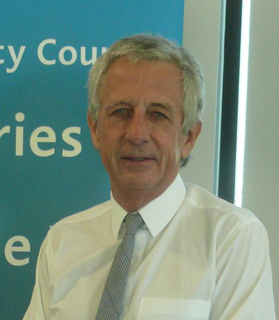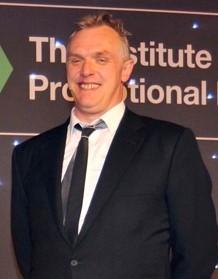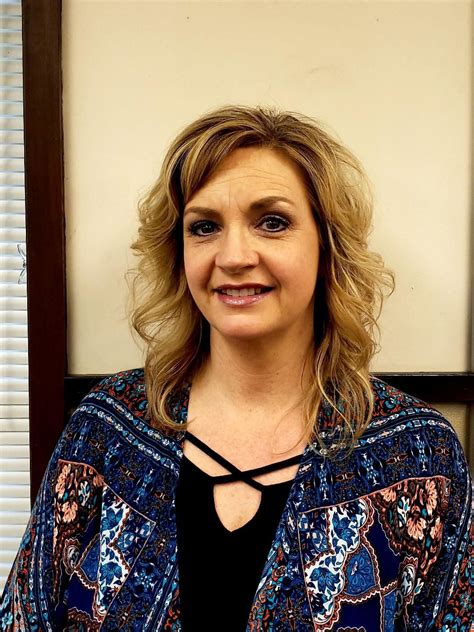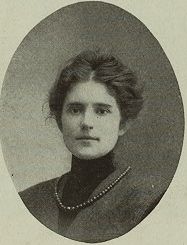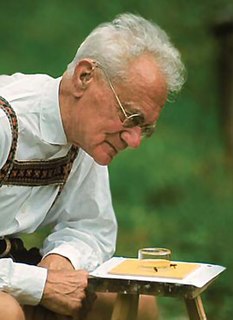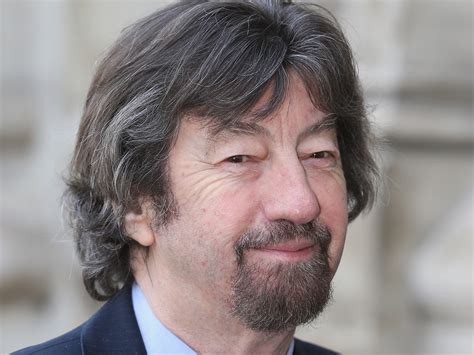A Quote by Robert Lacey
My whole life as a grammar-school boy, getting to Cambridge University and working on the 'London Sunday Times' has been very aspirational.
Related Quotes
My experience came before most of you were born. My school was a state school in Leeds and the headmaster usually sent students to Leeds University but he didn't normally send them to Oxford or Cambridge. But the headmaster happened to have been to Cambridge and decided to try and push some of us towards Oxford and Cambridge. So, half a dozen of us tried - not all of us in history - and we all eventually got in. So, to that extent, it [The History Boys] comes out of my own experience.
